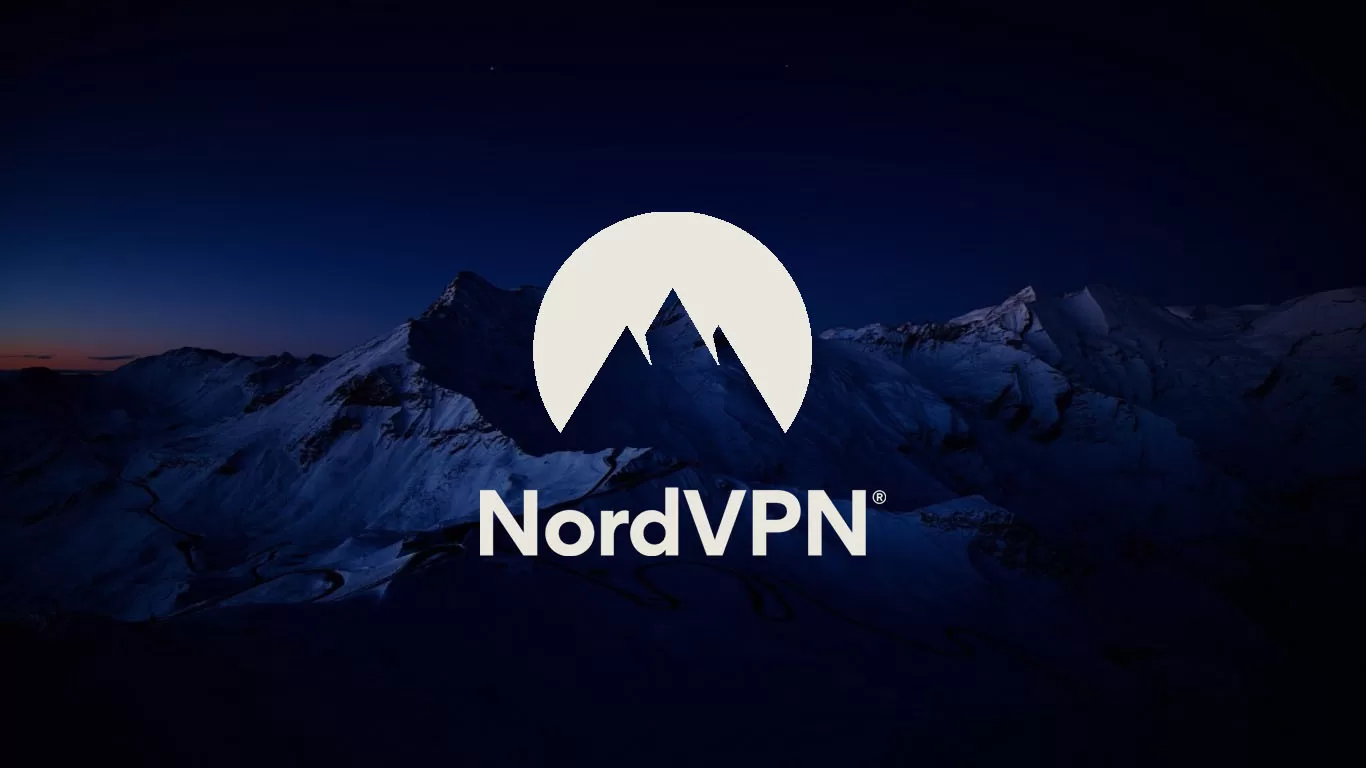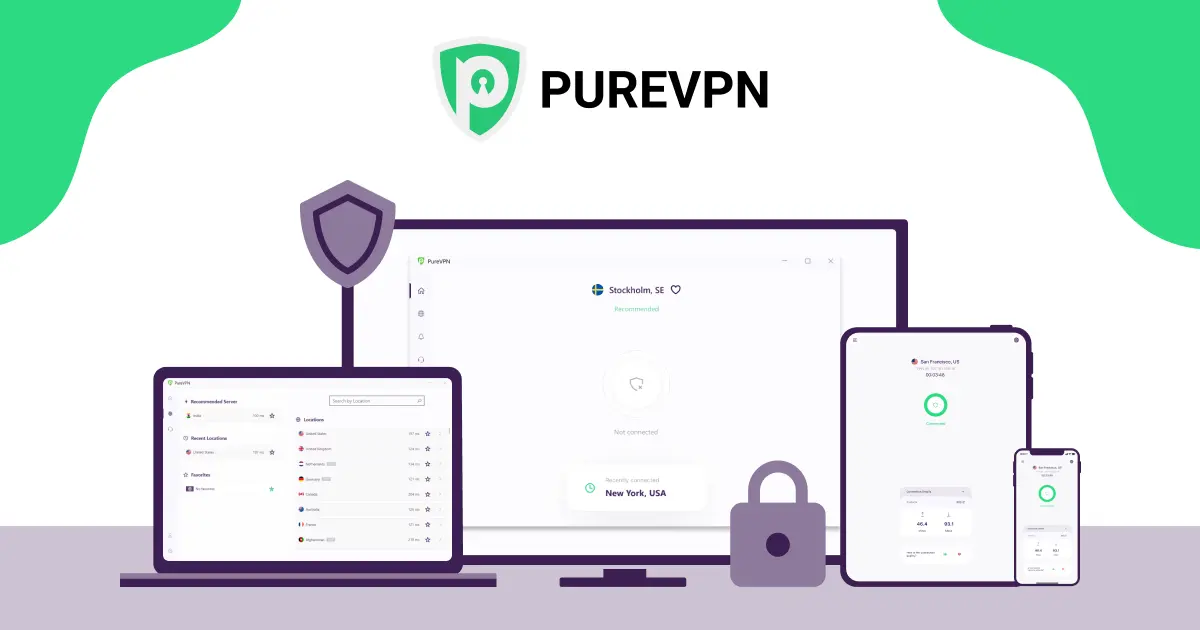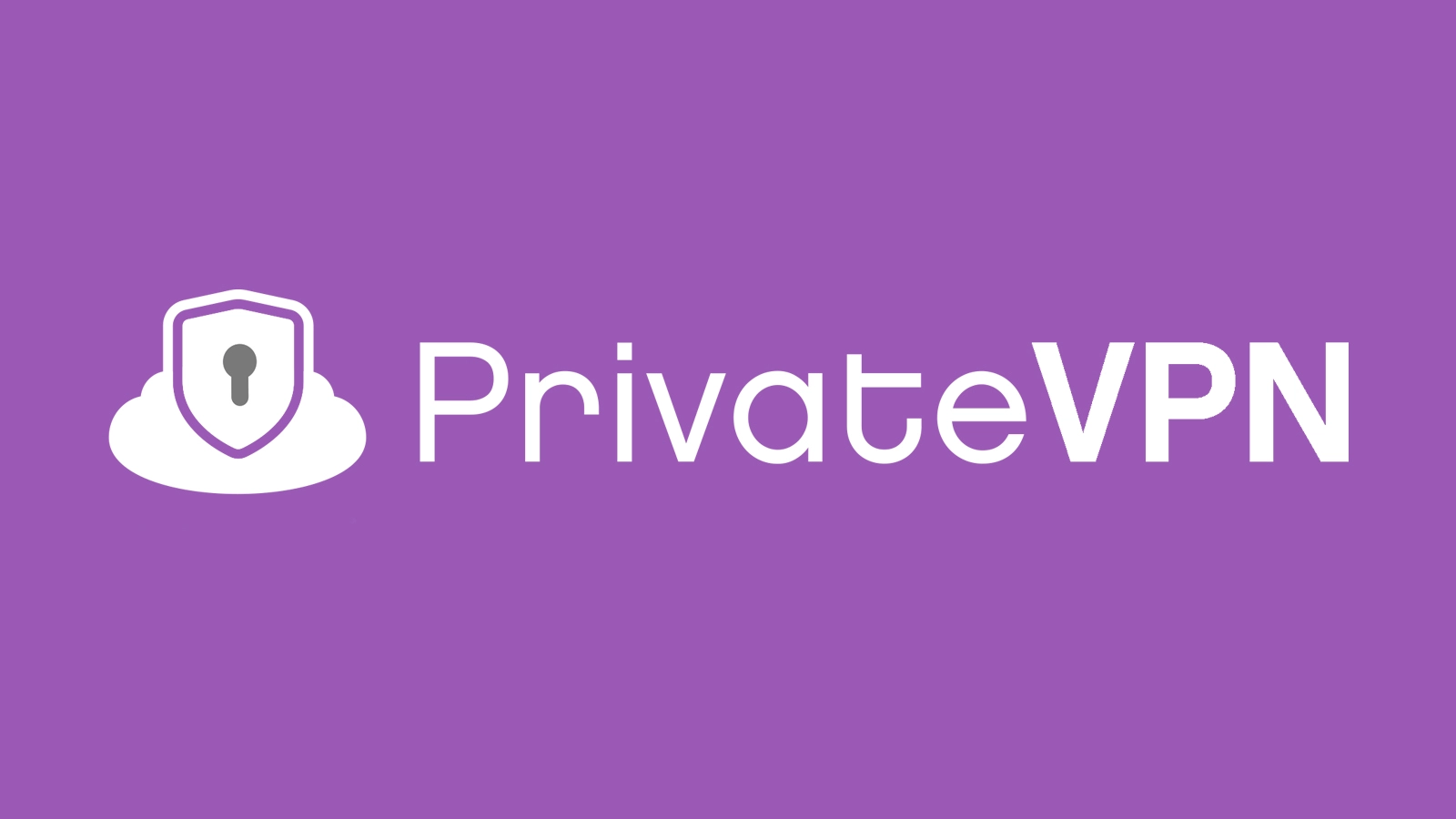VPN Use Cases: Unveiling the Powerhouse: How VPNs Transform Your Online World!
Table of Contents
- Internet Privacy: Protecting Your Digital Footprint
- Torrenting and P2P File Sharing: Secure and Unrestricted Access
- Streaming Services: Accessing Geo-Restricted Content
- Online Gaming: Enhancing Security and Reducing Latency
- Remote Work and Business Use: Securing Confidential Data
Internet Privacy: Protecting Your Digital Footprint
In today’s digital age there are a plethora of VPN use cases, internet privacy has become a significant concern for individuals seeking to protect their digital footprint. With the use of VPNs (Virtual Private Networks), safeguarding your online activities and personal information has never been easier. VPNs work by encrypting your internet connection and routing it through a private server, effectively concealing your IP address and preventing potential monitoring by ISPs or other third parties. This not only ensures your online activities remain private and secure but also helps protect against data breaches and unauthorized access. By taking advantage of VPN technology, individuals can regain control over their internet privacy and maintain a more secure digital presence.
Torrenting and P2P File Sharing: Secure and Unrestricted Access
For users engaged in torrenting or peer-to-peer (P2P) file sharing activities, VPNs provide an added layer of security and are one of the key VPN use cases. They conceal your IP address, preventing potential legal repercussions and safeguarding against monitoring by ISPs. Additionally, VPNs bypass geographical restrictions, granting access to torrent sites and allowing seamless sharing of files without compromising privacy.
Furthermore, VPNs encrypt data transmissions, ensuring that your online activities remain private and protected from prying eyes. This encryption prevents hackers, government agencies, and other third parties from intercepting your data or tracking your online behavior. VPN use cases are particularly relevant in this scenario.
Moreover, VPNs offer a sense of anonymity by masking your real IP address with the IP address of the VPN server you are connected to. This makes it nearly impossible for anyone to trace your online activities back to your actual location or identity. VPN use cases, such as this one, highlight the importance of safeguarding your online privacy.
In addition to enhancing security and privacy, VPNs also optimize download speeds for torrenting and P2P file sharing. By routing your internet traffic through their servers, VPNs can help overcome bandwidth throttling implemented by ISPs, ensuring fast and uninterrupted downloads. This is another important VPN use case for users engaged in these activities.
Another advantage of using VPNs for torrenting and P2P file sharing is the ability to access a wider range of content. Some torrent websites and file sharing platforms may be restricted or blocked in certain countries or regions. With a VPN, you can bypass these geographical restrictions and gain access to the content you desire. This is yet another example of the usefulness of VPNs in overcoming content limitations.
Additionally, VPNs provide a layer of defense against malware and malicious online activities often associated with torrenting and P2P file sharing. By encrypting your data and masking your IP address, VPNs reduce the risk of downloading files from untrustworthy sources or falling victim to cyberattacks. This serves as a testament to the cybersecurity aspect of VPN use cases.
Overall, for individuals engaged in torrenting or P2P file sharing, VPNs play a crucial role. They not only protect your identity, secure your data, and bypass restrictions but also improve your overall online experience by ensuring fast and safe downloads.
Streaming Services: Accessing Geo-Restricted Content
The global distribution of streaming platforms often leads to geo-blocked content, which can be quite frustrating for users who are eager to watch their favourite movies, shows, and other media from different parts of the world. In such situations, VPNs come to the rescue as they act as a bridge, circumventing these restrictions by masking your location.
By using a VPN, you can virtually change your location to any country where the content you desire is accessible. This not only expands your entertainment options but also provides you with access to a wider array of movies, shows, and other media that may not be available in your region.
Imagine being able to stream the latest blockbuster movie that hasn’t been released in your country yet, or binge-watching a popular TV series that is only available to viewers in a different part of the world. VPNs enable you to explore the vast digital landscape of streaming platforms without being limited by geographical boundaries.
In addition to unlocking region-locked content, VPNs also offer other benefits. They enhance your online security and privacy by encrypting your internet connection, making it harder for cybercriminals and other prying eyes to track your online activities. This is especially important if you frequently use public Wi-Fi networks, which are often vulnerable to hacking attempts.
Furthermore, VPNs can also help you save money by allowing you to access region-specific deals and discounts. For example, by connecting to a server in a country where the price of a streaming subscription is lower, you can potentially save a significant amount of money over time.
It’s important to note that while VPNs are a useful tool for accessing geo-blocked content, it’s essential to use them responsibly and legally. Respect copyright laws and terms of service agreements of the streaming platforms you use, and remember that the primary purpose of VPNs is to protect your privacy and enhance your online security.
With the ever-expanding global landscape of streaming platforms, VPNs have become indispensable for avid entertainment enthusiasts who want to break free from the limitations imposed by geo-blocking. Whether you’re an expatriate missing content from your home country or simply seeking a wider range of entertainment options, a VPN can be your ticket to a world of endless streaming possibilities. So, why wait? Explore the vast virtual realm of movies, shows, and media with the help of a VPN today!
Online Gaming: Enhancing Security and Reducing Latency
In the realm of online gaming, VPNs, or Virtual Private Networks, offer a multitude of benefits that contribute to heightened security and improved gaming experiences. By using a VPN, gamers can effectively shield themselves against DDoS attacks, ensuring that their gaming sessions remain uninterrupted and free from potential threats.
DDoS attacks, or Distributed Denial of Service attacks, are malicious actions aimed at overwhelming a network or server with an excessive amount of traffic, resulting in a disruption of service. These attacks can not only cause frustration and inconvenience for gamers, but they can also compromise the integrity of their gaming sessions.
However, with the use of a VPN, gamers can enjoy the peace of mind that comes with added security measures. VPNs create a secure and encrypted connection between the gamer’s device and the gaming server, making it significantly more challenging for potential attackers to gain access to sensitive information or launch DDoS attacks. This enhanced security ensures that gamers can focus on what matters most – enjoying their gaming experience without the worry of external threats.
Moreover, VPNs also have the ability to optimize routes, which can drastically improve the overall gaming performance. In online gaming, latency, or the delay between an input and its corresponding action in the game, can be a critical factor affecting gameplay. By connecting to a VPN server that is strategically located near the gaming server, VPNs can minimize latency and create a more stable and consistent connection. This reduction in latency translates to a smoother gaming experience, allowing gamers to react faster and compete at their highest potential.
Additionally, VPNs can also help bypass geographical restrictions that may be imposed on certain games. Some games are region-locked, meaning they can only be accessed and played from specific countries or regions. By using a VPN, gamers can route their connection through a server located in the desired region, effectively bypassing these restrictions and accessing games that may not be available in their physical location.
VPNs not only provide a layer of security against potential threats like DDoS attacks, but they also have the ability to optimize routing and reduce latency, ultimately enhancing the overall gaming performance. Whether it’s protecting sensitive information, improving connection stability, or bypassing geographical restrictions, VPNs have become an invaluable tool for gamers looking to elevate their gaming experiences to new heights.
Remote Work and Business Use: Securing Confidential Data
With the rise of remote work in recent years, the importance of using Virtual Private Networks (VPNs) has become increasingly apparent. In today’s digital landscape, where data security is of utmost concern, VPNs have proven to be indispensable for businesses across various industries.
One of the main functions of a VPN is to create a secure tunnel for data transmission. This means that when remote employees connect to their company’s servers through a VPN, their data is encrypted and transmitted through a private channel. This encryption ensures the confidentiality of sensitive information, minimizing the risk of unauthorized access and potential data breaches.
By encrypting the data transmitted between remote employees and company servers, VPNs offer a robust layer of security. This is particularly important when employees are accessing confidential company files and databases from outside the traditional office environment. Whether it’s financial information, customer data, or proprietary research, businesses rely on VPNs to protect their valuable assets from falling into the wrong hands.
Moreover, the use of VPNs also allows businesses to bypass geo-restrictions and access content that may be blocked or limited in certain regions. This can be especially valuable for companies with a global presence, enabling them to work seamlessly across borders and overcome any regional limitations that may impede their productivity.
In addition to safeguarding data, VPNs can also enhance employee productivity by providing faster and more stable connections. For remote workers who may be accessing resources from varying locations, the ability to connect securely to company systems without interruptions or latency issues is crucial.
Overall, with the increasing reliance on remote work arrangements, VPNs have become an essential tool for businesses to protect their sensitive information, maintain data privacy, and ensure efficient operations across distributed teams. As technology continues to evolve, VPNs will likely remain a cornerstone of secure and efficient remote work practices.
VPNs present a myriad of applications, catering to diverse user needs. Whether prioritizing privacy, accessing restricted content, optimizing gaming experiences, or ensuring secure business operations, the versatile nature of VPNs continues to redefine and enhance our online interactions. Embracing this technology empowers users to navigate the digital realm with confidence and security.
By understanding the varied use cases and leveraging VPN technology effectively, users can harness its potential to enhance their online experiences while prioritizing privacy and security.



